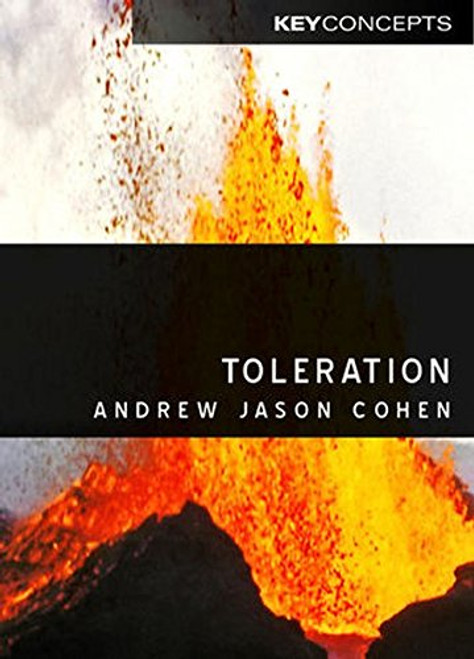Product Overview
SCOTT HAMPTON, PSY.D., who earned his doctorate in clinical psychology from Indiana University of Pennsylvania, has been working in the violence prevention field for the past 20 years. During that time, he has worked with almost 4000 cases involving domestic violence, sexual assault, child abuse and hate crimes. Currently, he is the Executive Director of Ending the Violence, a New Hampshire-based organization that provides educational classes to perpetrators of domestic and sexual violence. He is also the founder of the Consexuality Project, a sexual violence prevention initiative.
Tolerance, are you kidding? It's an insult! It's how white people feel better about themselves while continuing to hate Blacks.
Study participant
Of course tolerance is awful. I'm just afraid that that is the best we can hope for.
Holocaust survivor
Tolerant oppression: Why promoting tolerance undermines our quest for equality and what we should do instead addresses the problem with current campaigns to promote tolerance (taught in thousands of U.S. schools every year) as a way of fighting hatred. Those campaigns, though well intended, suffer from the same problem as the separate-but-equal doctrine of the 20th century - they reinforce, rather than challenge inequality and oppression with their condescending attitude. The book proposes that we abandon tolerance for less problematic concepts such as acceptance, respect, understanding and the appreciation of diversity. Only then can we approach equality and the peaceful co-existence we all need to survive and thrive. The book presents its case through logical analysis, research data, quotations from civic and religious leaders as well as from members of oppressed groups, and through the use of entertaining metaphors, stories and exercises.
How can moving past tolerance help us deal with the following concerns?
Abortion Managing grief
Child abuse Prostitution and human trafficking
Disabilities Religious oppression
Divorce Sexism, racism and homophobia
Domestic violence and sexual assault Suicide
Drug addiction Terrorism and war
Hatred, prejudice and discrimination Violence in sports and the media
Interpersonal conflict
FIND THE ANSWERS INSIDE.






